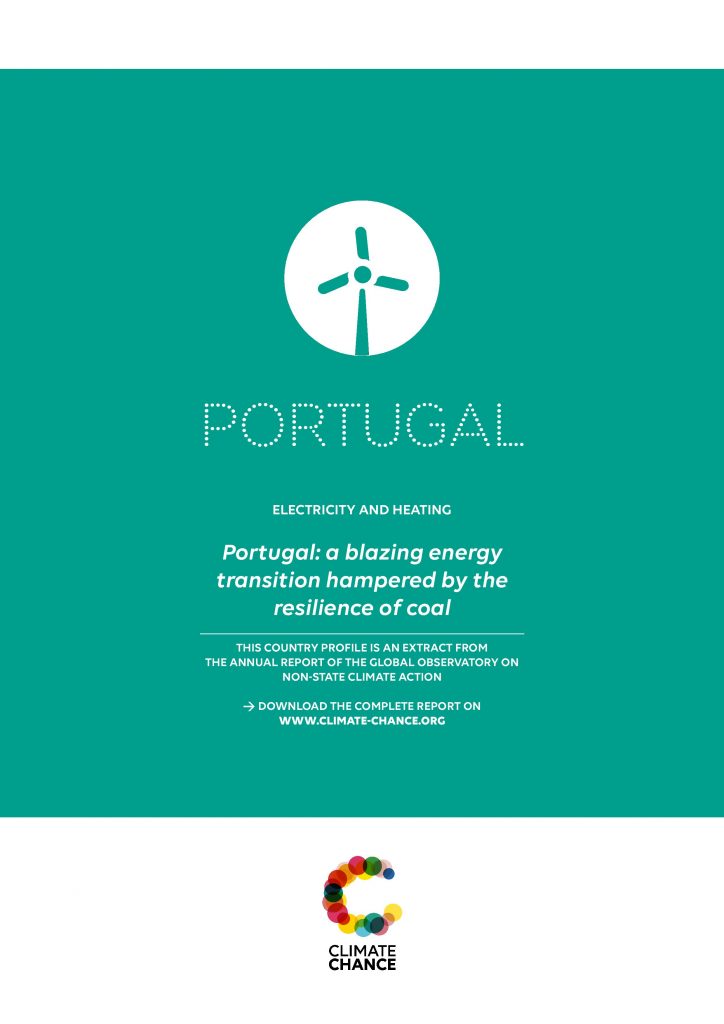Portugal • A blazing energy transition hampered by the resilience of coal
Portugal, a country that is home to 10 million people, has become one of the European champions of renewable energies for electricity production, thanks to the growth of onshore wind, hydro-electricity, biomass and - more recently - solar energy.

2018
Portugal
Germán Bersalli • Fellow researcher, Université Grenoble-Alpes, CNRS, INP, GAEL
Introduction
Portugal, a country that is home to 10 million people, has become one of the European champions of renewable energies for electricity production, thanks to the growth of onshore wind, hydro-electricity, biomass and – more recently – solar energy. The spread of renewable energies also encourages new operators to emerge, both domestic and foreign, in a sector that is traditionally oligopolistic. However, the intense decarbonisation of the Portuguese electricity system has been faced with several challenges, requiring action from public and private operators at different levels. For example, the need for a rapid “exit” from coal, the physical interconnection with the rest of Europe, and the development of smart grids are some of the main challenges.
Contens
1 • Moving towards the decarbonisation of electricity production?
• The Portuguese electricity mix: the growth of wind power vs the resilience of coal
• A somewhat ambitious national policy framework
2 • The development of renewable energies and the diversification of operators
• Consolidation of onshore wind energy
• Solar PV takes off
3 • The challenges of integrating a growing share of intermittent energies
• The Portugal – Spain – France interconnection
• Smart grids for smart cities: example of the city of Évora
Conclusion
Portugal has been experiencing steady growth in the use of renewable energies for electricity generation in recent years. This transition is guided by proactive policies – European and, above all, national – but also by the actions of various operators, be it a long-established energy company or new innovative enterprises. In addition, actions by some cities such as Évora demonstrate the importance of the role played by local authorities. Despite this progress, the country still has a long way to go before it achieves a completely decarbonised electricity mix.




